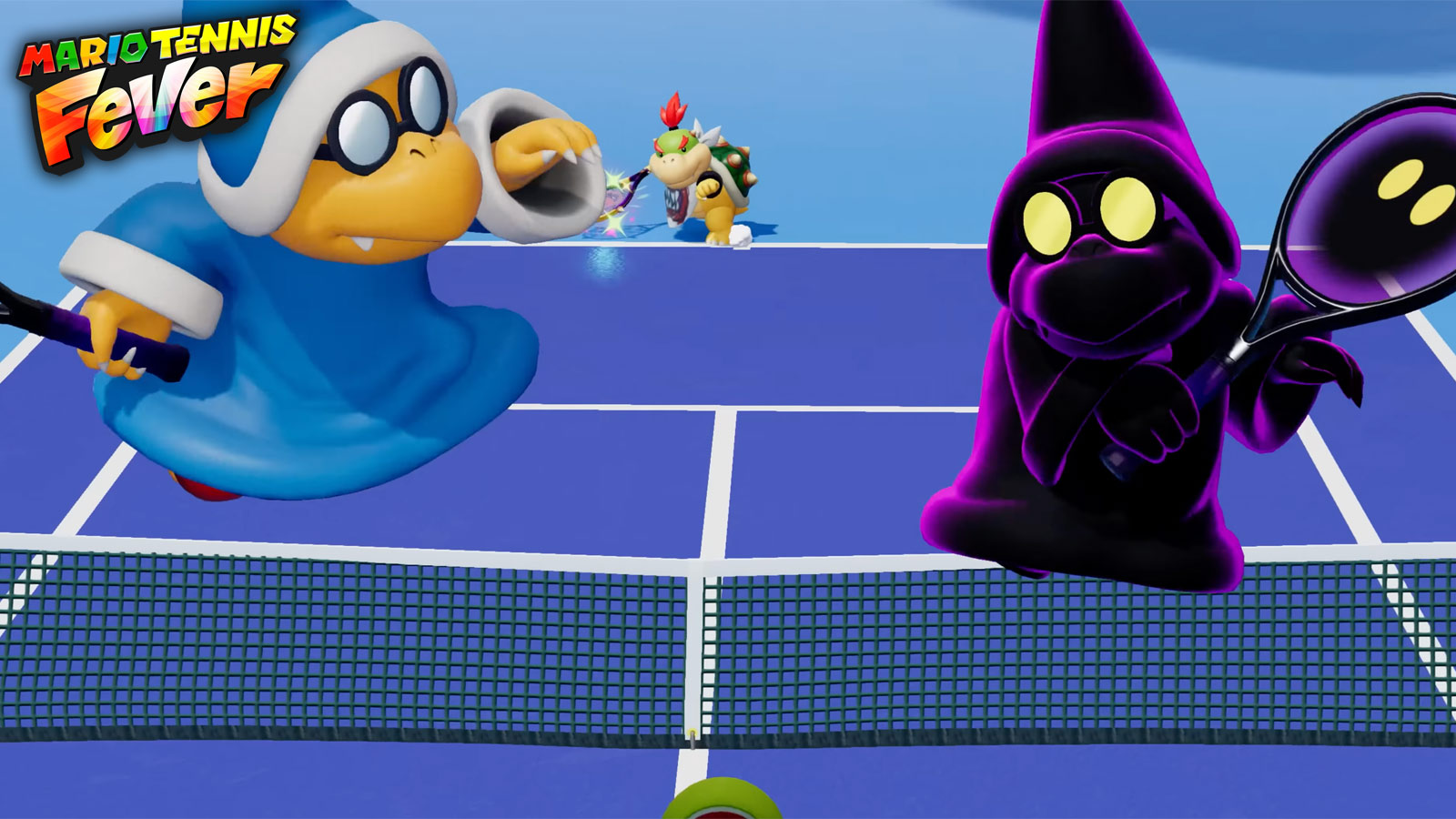A failure of a game somehow has found a way to fail at apologizing as well. Developed by Daedalic Entertainment, and co-published by them and Nacon, The Lord of the Rings: Gollum was released this past May on Steam. The game focuses on the beloved character, taking place between the events of The Hobbit and The Fellowship of the Ring. What seemed to be a great idea crashed and burned quite fast, as the game received a 5/10 from Steam, and just 12% of Google users said they liked the game.
However, the more recent and troubling news that's surfaced is that the developers at Daedalic Entertainment apparently used the open AI platform, ChatGPT to issue an apology for the game's failures. The apology was produced solely by Gollum's publisher, Nacon, and was posted without Daedalic even knowing it existed. The lack of communication from publisher to developer is just another domino toppled over in this game's short, unfortunate history.
It's easy to ask simple questions like why was the game a failure? Can it still be saved? What's more concerning is that the developers' apology was not only not written by them, but written by AI. While ChatGPT can be a useful tool for a variety of use cases, writing an apology isn't exactly its biggest strength. A sincere apology perhaps could've redeemed the game in the eyes of fans – an apology that came from the developers themselves in which they empathized with their fanbase, rather than using a computer to display their “emotions”.
Gollum received a patch in July, but with the combination of poor reviews, and now, a lack of honesty and commitment to their fan base, it seems Daedalic will have to take an unfortunate loss on many fronts. A fake apology for a game about a fan favorite in Gollum from The Lord of the Rings franchise is certainly not a good look. But that's the least of Daedalic's concerns, as its internal development arm has been completely shut down after Gollum's failure.
For more gaming news and features, stick with ClutchPoints Gaming.




















